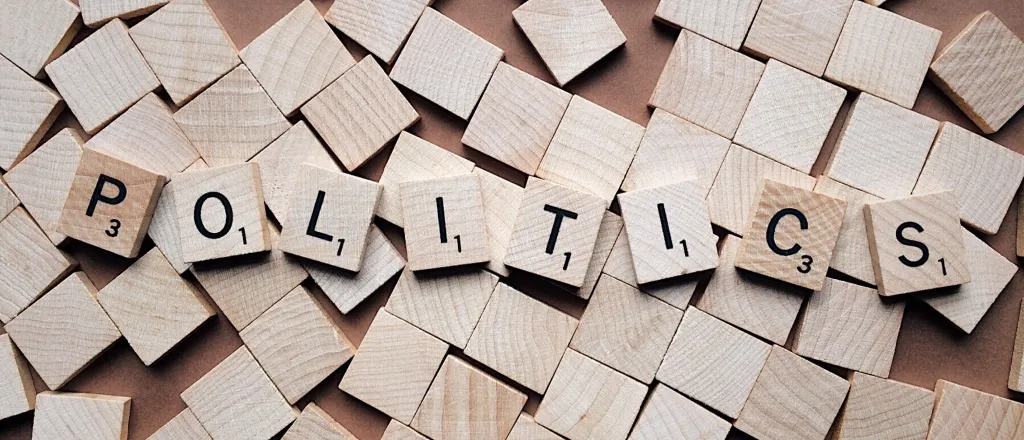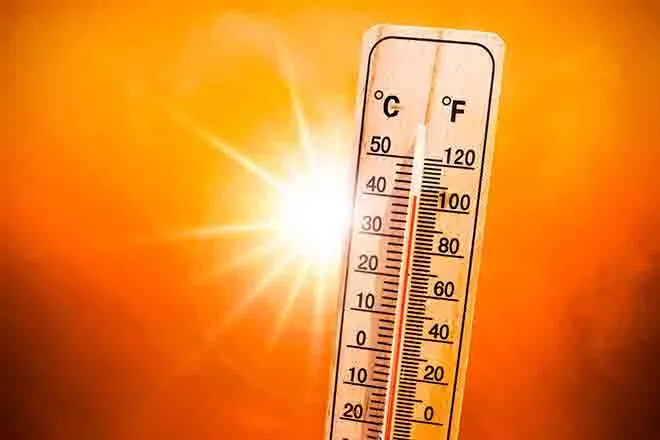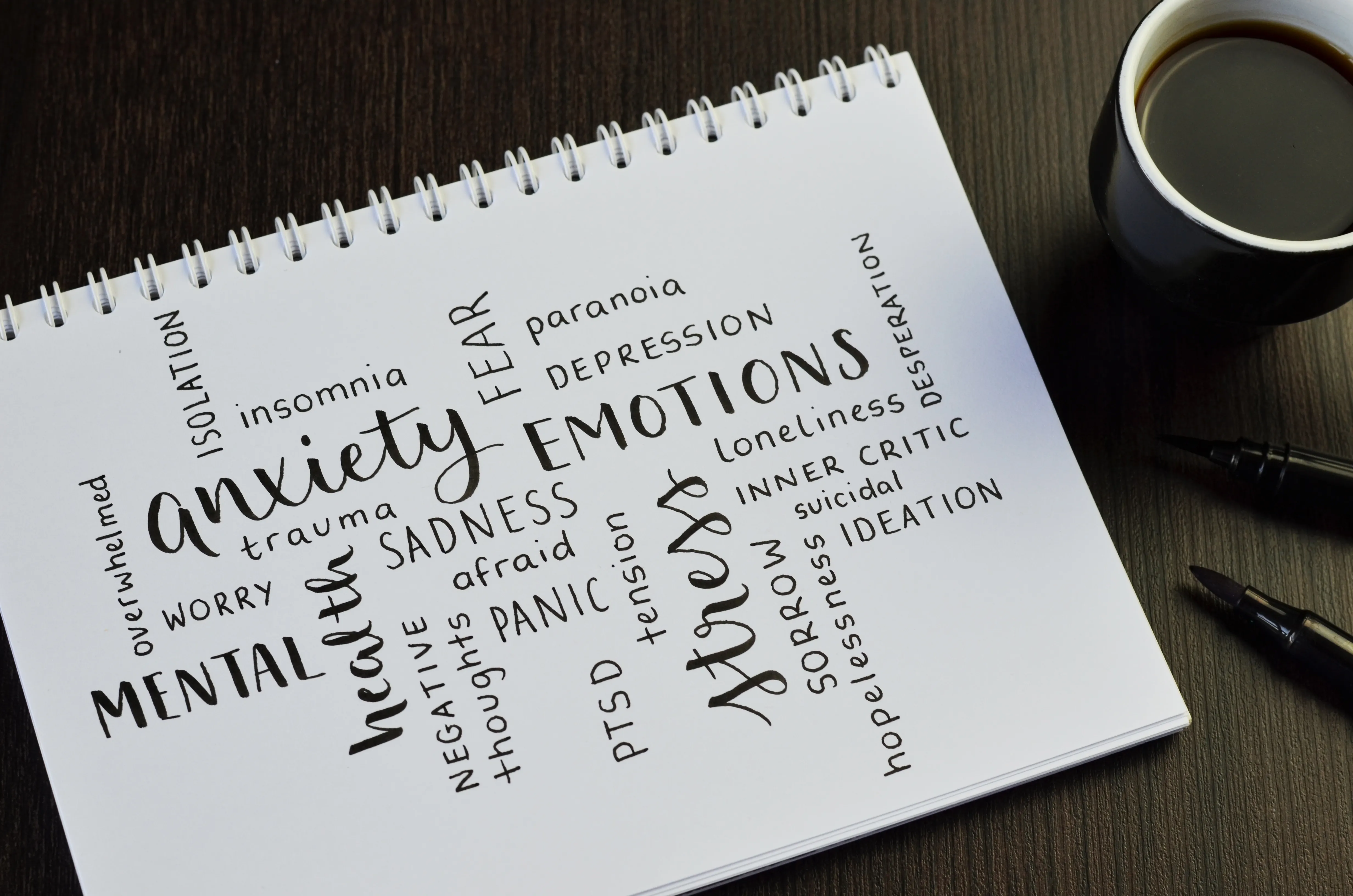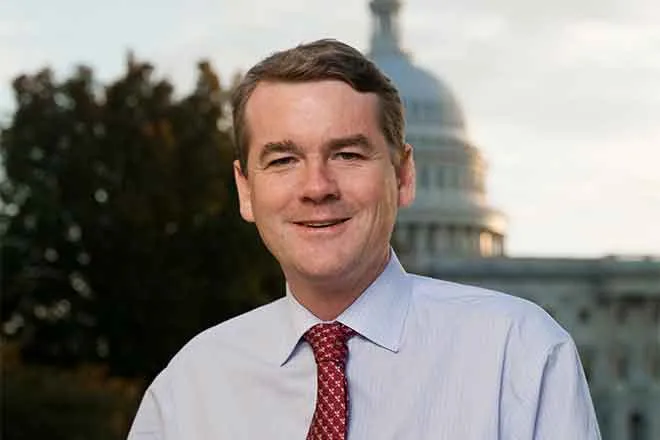
Politics: 2024Talks - September 19, 2024
Politics and views in the United States.
The Teamsters choose not to endorse a presidential candidate, county officials in Texas fight back against state moves to limit voter registration efforts, and the FBI investigate suspicious packages sent to elections offices in at least 17 states.
TRANSCRIPT
Welcome to 2024 Talks, where we're following our democracy in historic times.
Look, I'm getting criticized from the left.
I'm getting criticized from the far right.
And at the end of the day, you know, we've got to do what's best for this country, number one, and working people.
And I believe it's the work bipartisan-wise to find solutions to problems.
Teamsters President Sean O'Brien says for the first time in nearly three decades, the union won't endorse anyone for president.
Internal polling showed former President Donald Trump had much more support among the roughly one million members.
And in spite of Labor's ties to Democrats, O'Brien was the first union president to ever address the Republican National Convention.
House lawmakers again failed to pass a short-term spending plan ahead of a possible government shutdown at the end of the month.
Fourteen Republicans joined Democrats in voting against the bill, which included a requirement for proof of citizenship to vote.
The FBI says Iran sent unsolicited material hacked from Trump's campaign to the campaign of President Joe Biden, which took it to law enforcement.
Microsoft President Brad Smith testified to a Senate committee that he's watching for a surge of foreign-made AI-doctored videos aimed at specific candidates.
This has also become an election of Iran versus Trump and Russia versus Harris.
The FBI is also investigating suspicious packages sent to election officials in more than 17 states.
There were no reports that any contained hazardous material, but Nebraska Secretary of State Bob Evnan says local officials are increasing security at offices and polling places.
So we have a plan in place.
Our people are trained, and they did exactly what they were supposed to do yesterday, and it turned out OK, partly for that reason.
Last November, suspicious letters, one containing fentanyl, sent to election officials in five states forced evacuations and stalled the counting of some ballots.
Officials in Travis County, home to Deep Blue Austin, have filed a federal lawsuit against Texas Attorney General Ken Paxton in defense of county voter registration efforts.
Paxton is trying to stop the county from mailing registration forms to eligible voters, claiming that could allow fraud.
Delia Garza is the county attorney.
So what reality are we living in here when our own attorney general has sued one of its local governments to attempt to stop them from registering eligible voters?
Earlier this week, a judge denied Paxton's request to prevent officials in Bexar County from mailing registration forms in and around San Antonio.
A federal judge has upheld Idaho's laws banning the use of student IDs to register and vote.
State Republicans argue they'll prevent fraud.
But Samya Saran, with advocacy group Babe Vote, says the laws intentionally discriminate against young voters.
Most people receive a student ID when they're enrolled in high school or college.
Other forms of ID, like a driver's license, they have a couple more extra steps that can become a burden to some young people.
I'm Catherine Carley for Pacifica Network and Public News Service.
Find our trust indicators at publicnewsservice.org.

















